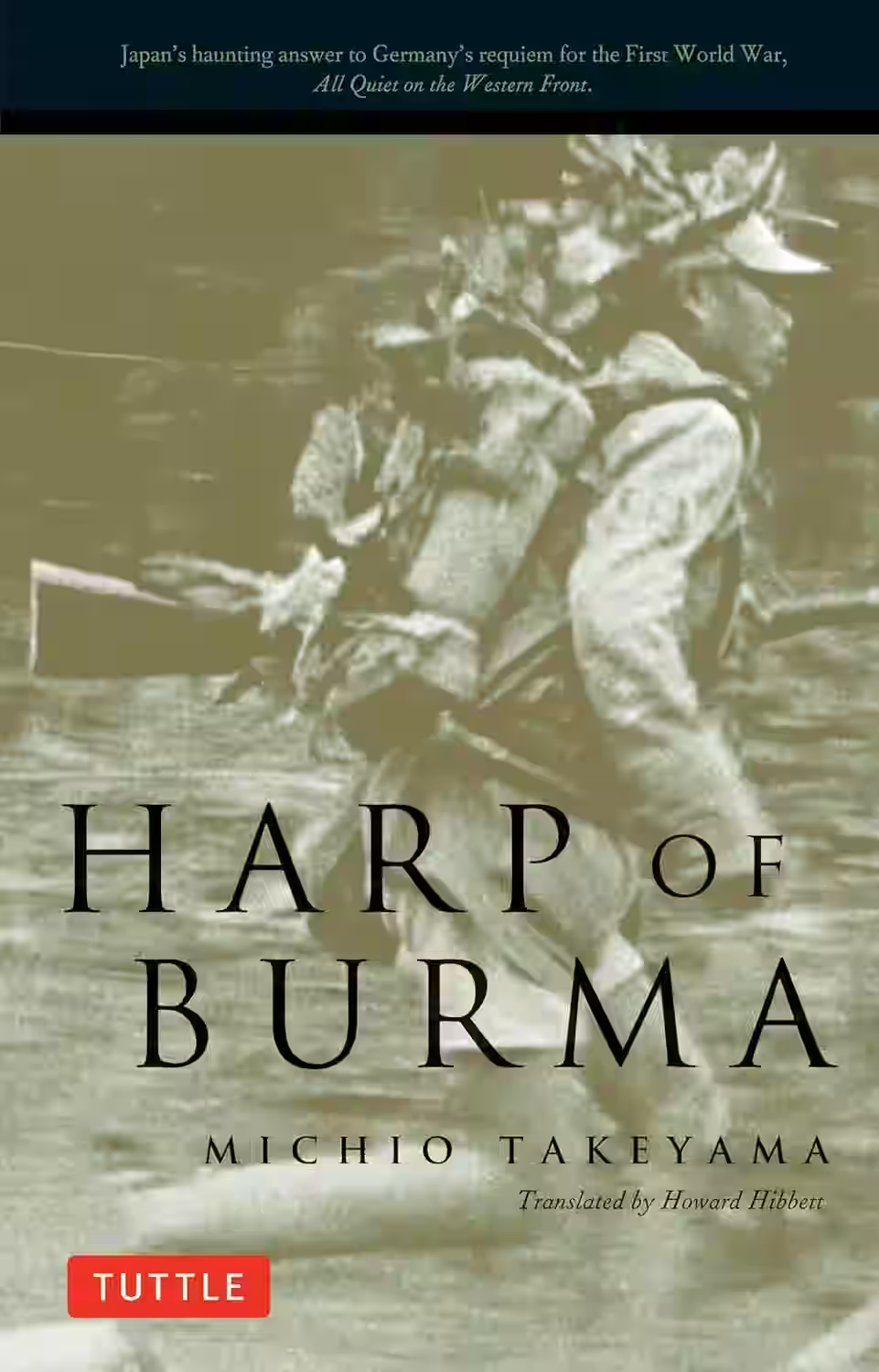
Harp of Burma, a poignant Japanese classic by Michio Takeyama, follows a group of soldiers struggling through Japan’s doomed WWII campaign in Burma. Facing not only enemy fire but also an unfamiliar land, homesickness, and the futility of war, the young men find solace in music. Their commander’s songs lift spirits and revive their will to live amid inevitable defeat. A meditation on loss, humanity, and the costs of war, the novel earned the Mainichi Shuppan Bunkasho prize and inspired Ichikawa Kon’s acclaimed film The Burmese Harp. It remains Japan’s powerful response to All Quiet on the Western Front.
About Michio Takeyama
A Japanese author, literary critic, and scholar. He is primarily known for his novel Harp of Burma (Biruma no Tategoto), a poignant story set during World War II, exploring themes of war, peace, and spirituality through the eyes of a Japanese soldier. Takeyama's work often reflected on humanism and the ethical dilemmas of the modern world. His prose is celebrated for its clarity and sensitivity, making Harp of Burma an enduring classic that resonated deeply with post-war Japanese society.
Similar Books
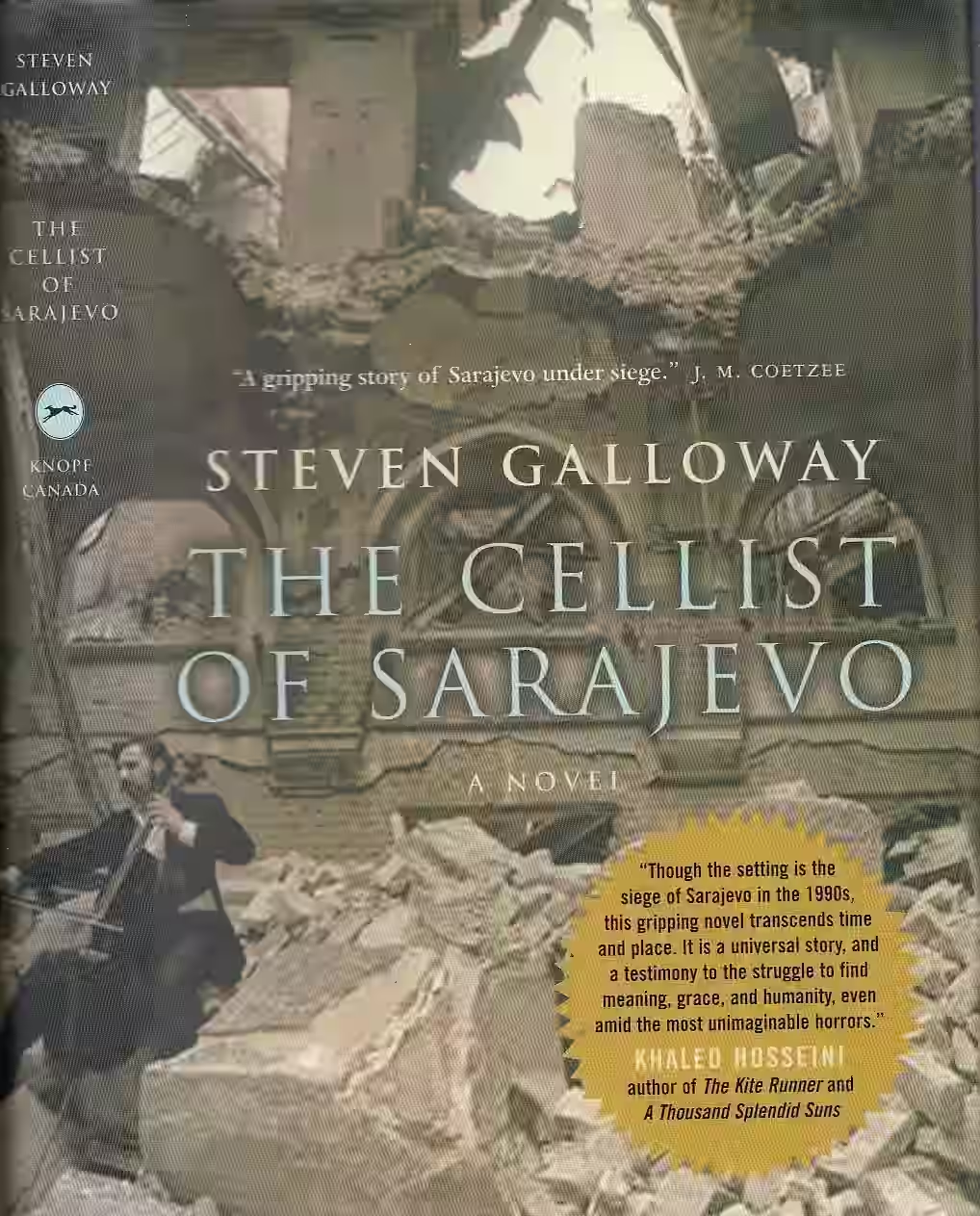
The Cellist of Sarajevo
Set during the siege of Sarajevo in the early 1990s, 'The Cellist of Sarajevo' by Steven Galloway is a poignant exploration of life under siege. The novel interweaves the lives of three characters—Dragan, Kenan, and Arrow—each struggling to preserve their humanity amidst the chaos of war. Their stories orbit around the figure of a cellist, who plays Albinoni's Adagio in the streets to commemorate the lives lost to a mortar attack. Galloway deftly captures the resilience of the human spirit, the impact of art in times of despair, and the simple acts of courage that shine through the shadows of conflict. The book's haunting prose and meditative tone create an indelible reflection on the moral choices faced in brutal circumstances.
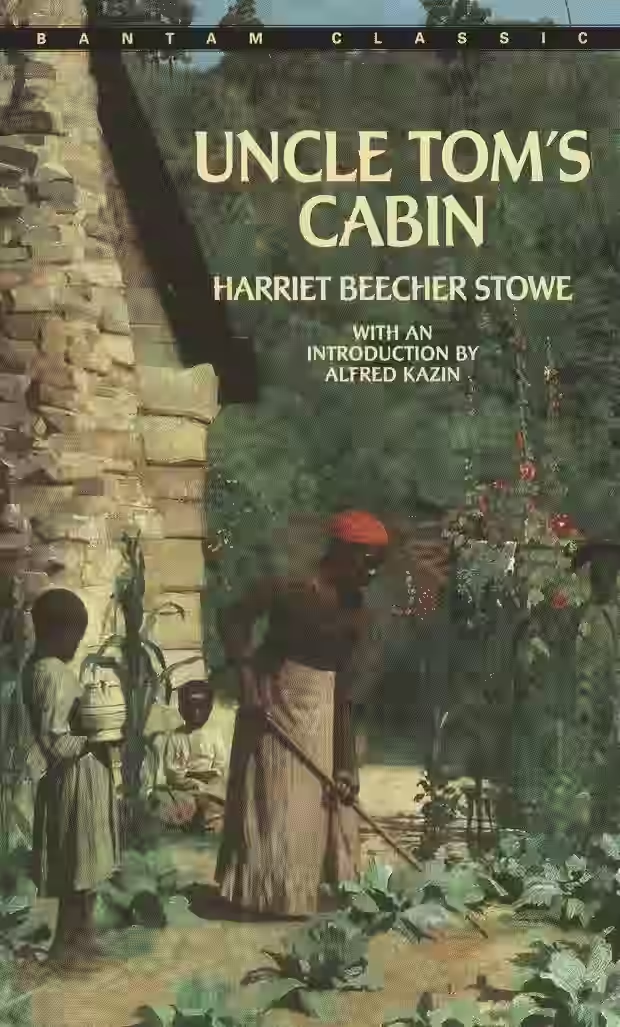
Uncle Tom’s Cabin
A landmark anti-slavery novel, Uncle Tom’s Cabin tells the story of enslaved man Tom and the brutal realities of slavery in 19th-century America. With vivid characters and emotional power, it galvanized abolitionist movements and shaped public opinion like no other book of its time. Though controversial for its portrayals today, it remains a pivotal work in American literature and history, sparking empathy and national debate.
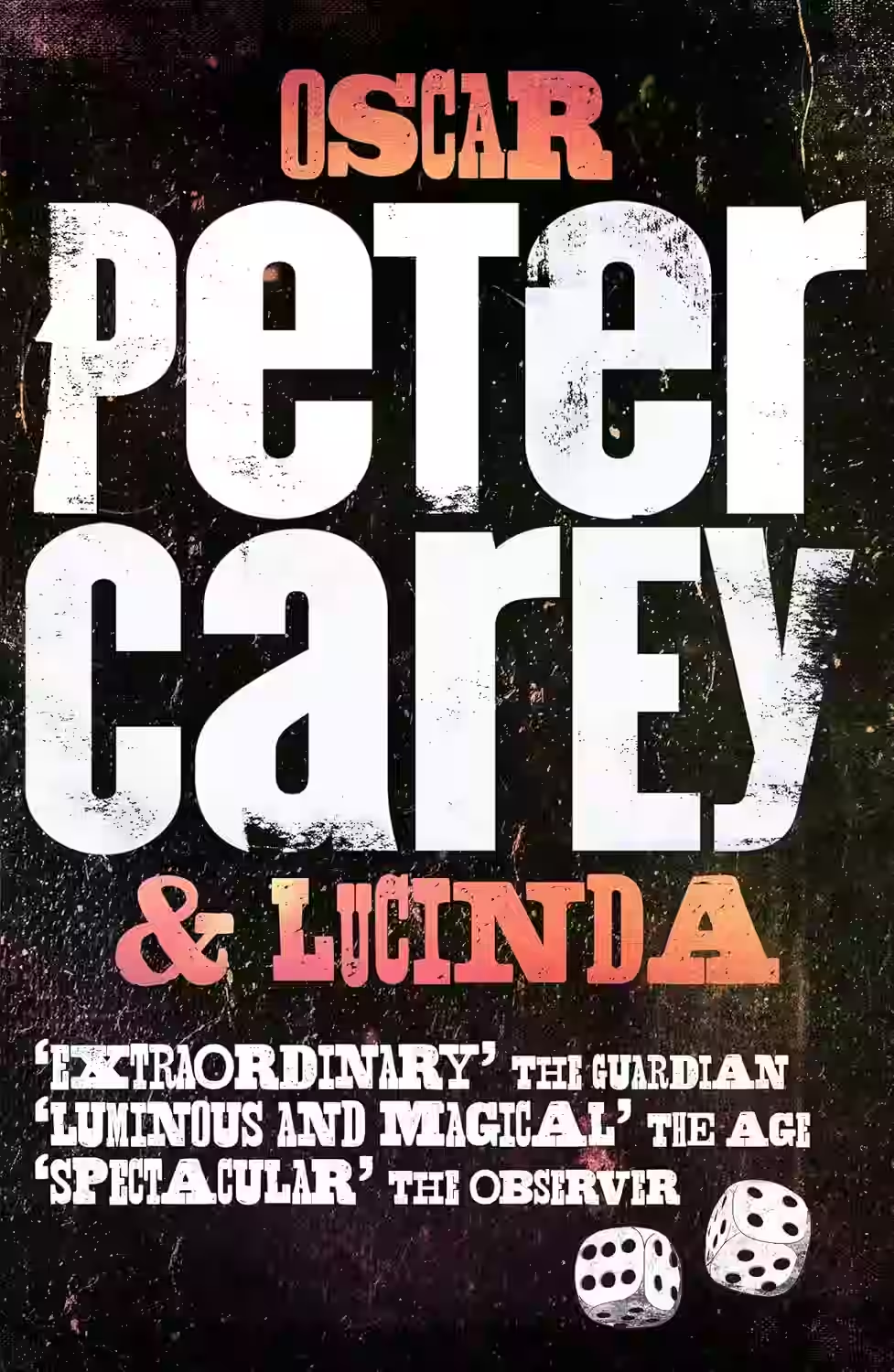
Oscar and Lucinda
by Peter Carey
Oscar and Lucinda is a whimsical and poignant novel set in 19th-century Australia, telling the unlikely love story between an eccentric Anglican clergyman obsessed with gambling and a wealthy heiress who buys and runs a glass factory. Peter Carey's imaginative storytelling explores themes of faith, chance, and the fragility of human endeavor.
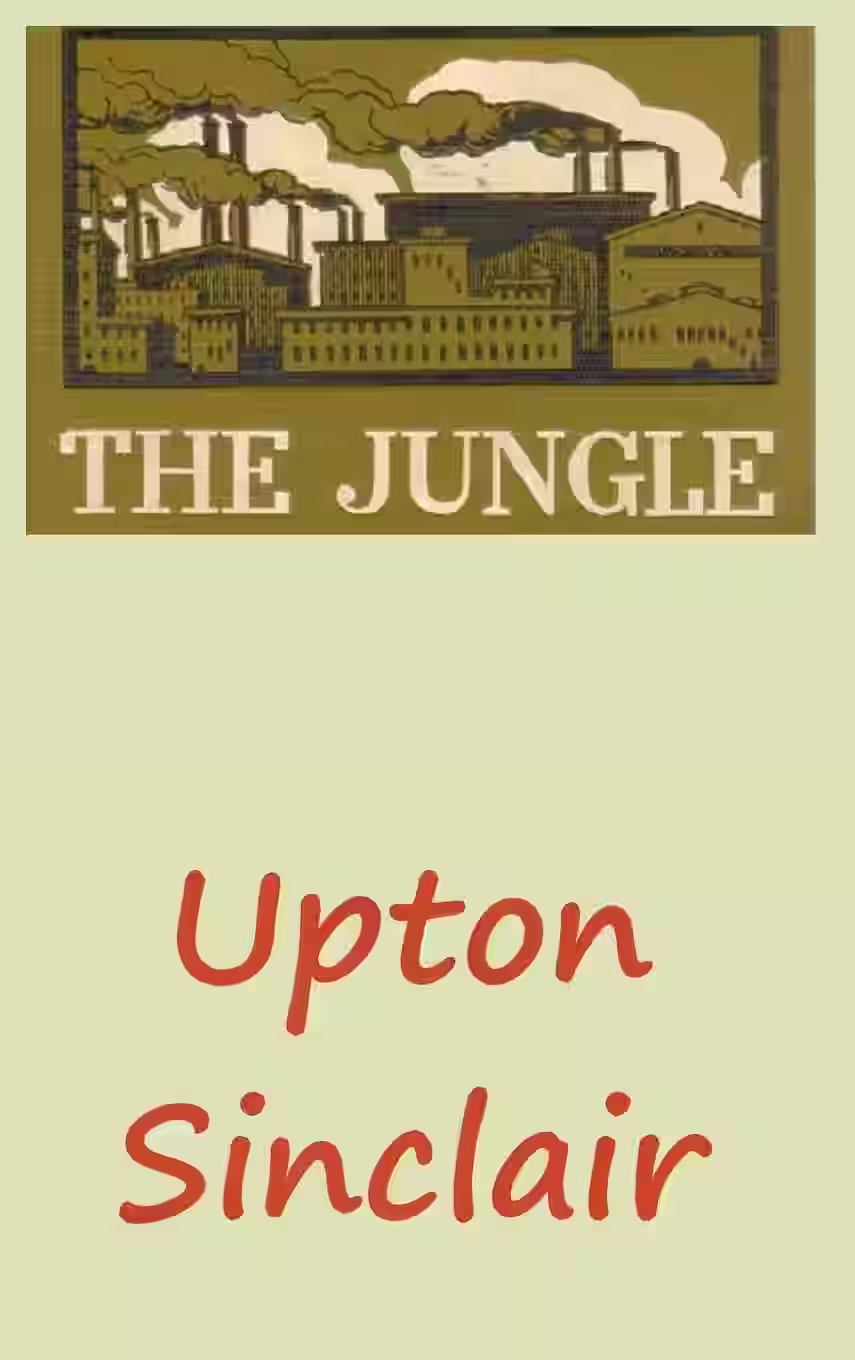
The Jungle
A harrowing expose of the American meatpacking industry in the early 20th century, The Jungle follows immigrant worker Jurgis Rudkus as he endures exploitation, poverty, and tragedy. Intended to highlight workers’ rights, it shocked readers with its depiction of unsanitary conditions, leading to major food safety reforms. Sinclair’s powerful, muckraking novel remains a classic of social criticism and a landmark in investigative literature.